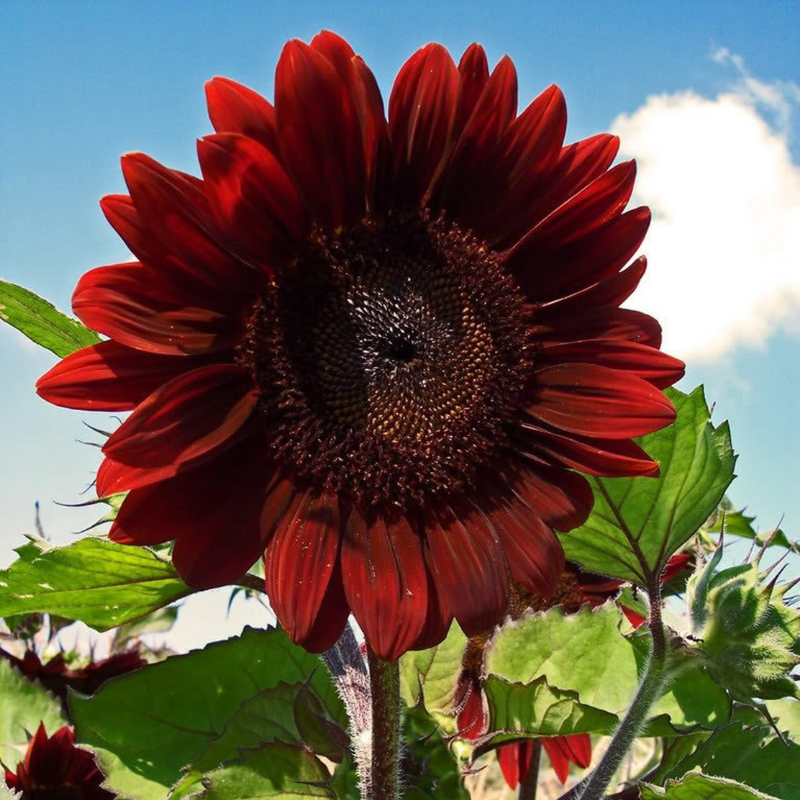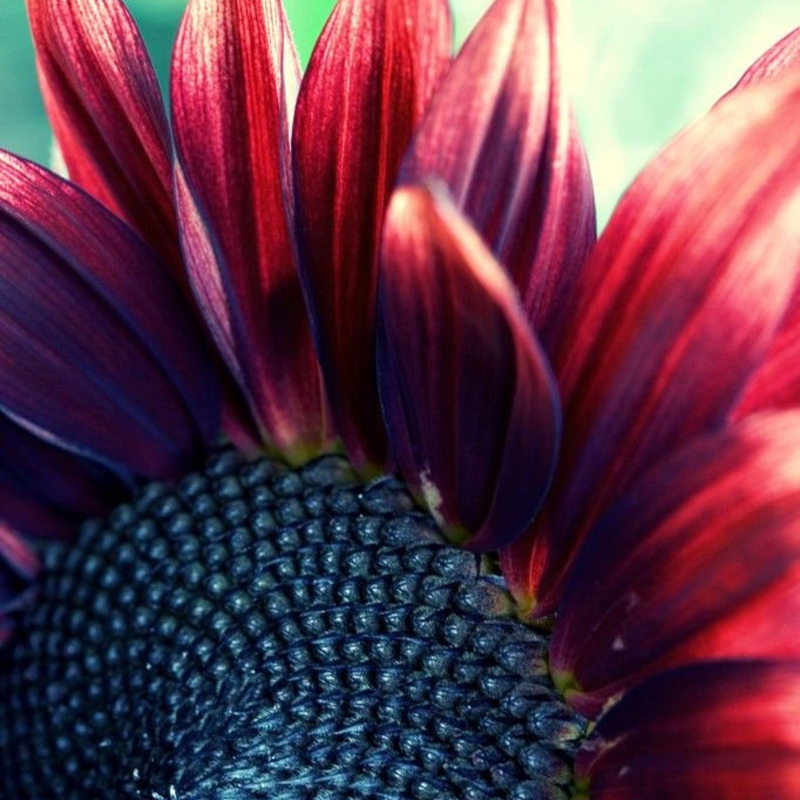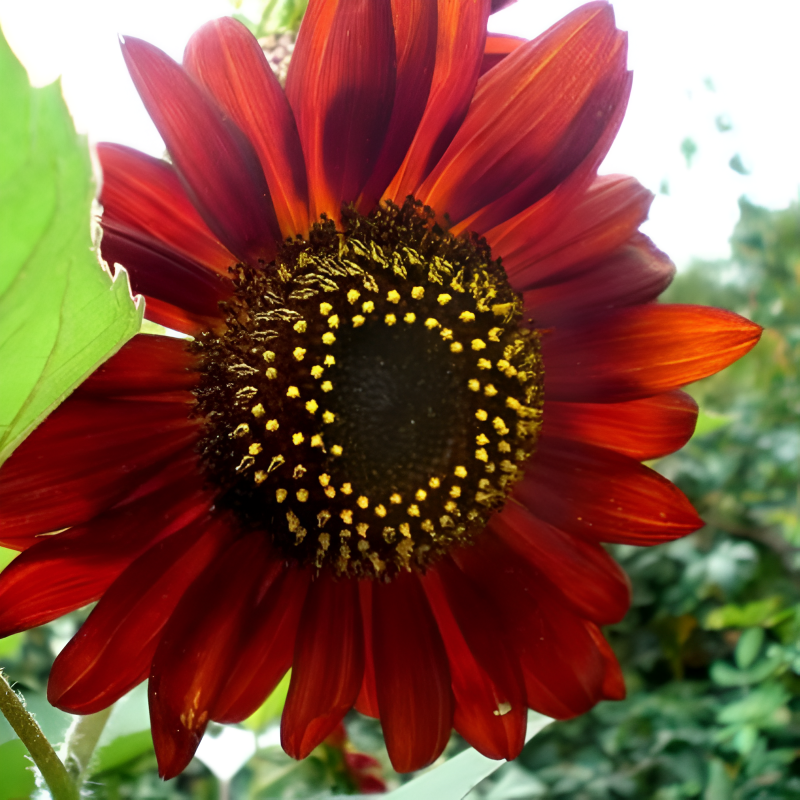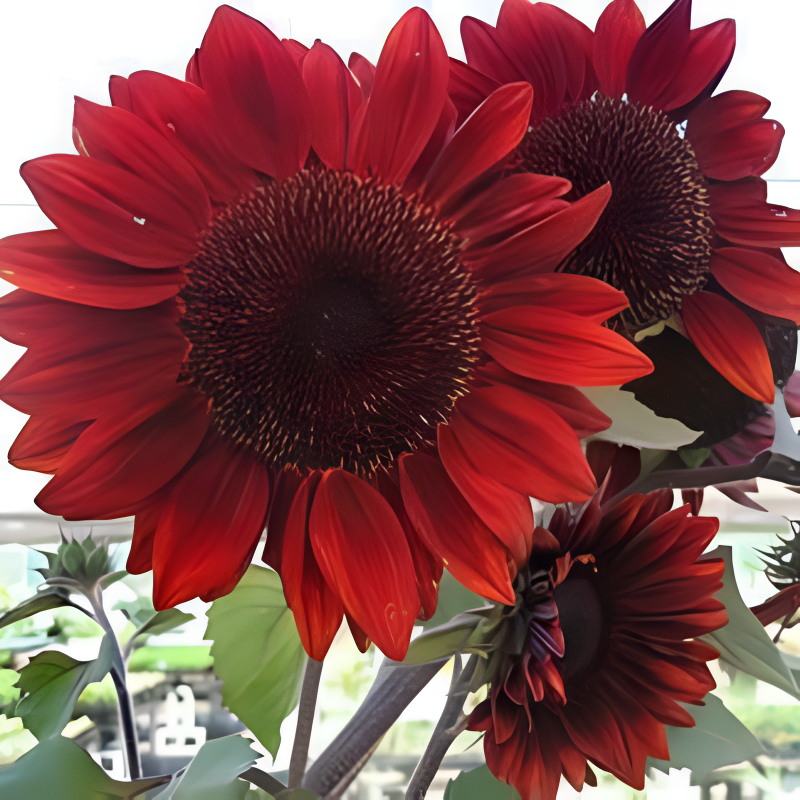- Historical context: Sunflowers have been cultivated for thousands of years, originally by Native Americans for their seeds and oil. The Velvet Queen variety is a more recent cultivar, developed for its striking appearance and ornamental value.
- Geographical origination: The Velvet Queen Sunflower is believed to have been developed in Europe or North America, where sunflower breeding has been prominent.
- Relevant cultural significance: Sunflowers hold significant cultural value in many societies, symbolizing adoration, loyalty, and longevity. The Velvet Queen variety is particularly valued in ornamental gardening for its unique color.
- Time period of discovery: The exact time period of the Velvet Queen Sunflower's development is not well-documented, but it has gained popularity in the last few decades.
- Original habitat: Sunflowers are native to North America, thriving in open fields and prairies.
- Notable historical uses: While the Velvet Queen Sunflower is primarily ornamental, traditional sunflowers have been used for food, oil, and dye.
- Ideal temperature range: Sunflowers thrive in temperatures between 70°F to 78°F (21°C to 26°C).
- Soil type: They prefer well-drained, loamy soil with a pH between 6.0 and 7.5.
- Sunlight requirements: Full sun is essential, requiring at least 6 to 8 hours of direct sunlight daily.
- Watering needs: Regular watering is necessary, especially during dry periods, but avoid waterlogging. 1 inch of water per week is ideal.
- Planting season: Plant seeds in the spring after the last frost, when the soil temperature is at least 50°F (10°C).
- Germination time: Seeds typically germinate within 7 to 14 days.
- Growth cycle duration: Velvet Queen Sunflowers reach maturity in about 75 to 90 days.
- Common pests and diseases: Watch out for pests like aphids, caterpillars, and birds. Diseases include downy mildew and rust.
- Companion planting advice: Good companions include corn, squash, and cucumbers. Avoid planting near potatoes.
- Common challenges and solutions: Challenges include pests and poor soil drainage. Use organic pesticides and ensure proper soil conditions to mitigate these issues.
- Nutritional values: While primarily ornamental, sunflower seeds are rich in vitamin E, magnesium, and selenium.
- Health benefits: Sunflower seeds can support heart health, reduce inflammation, and provide antioxidants.
- Culinary uses: The seeds can be roasted and eaten as snacks or used in baking and salads.
- Medicinal uses: Sunflower seeds have been used in traditional medicine to treat ailments like coughs and colds.
- Other unique advantages: Velvet Queen Sunflowers add aesthetic value to gardens and can attract pollinators like bees and butterflies.










